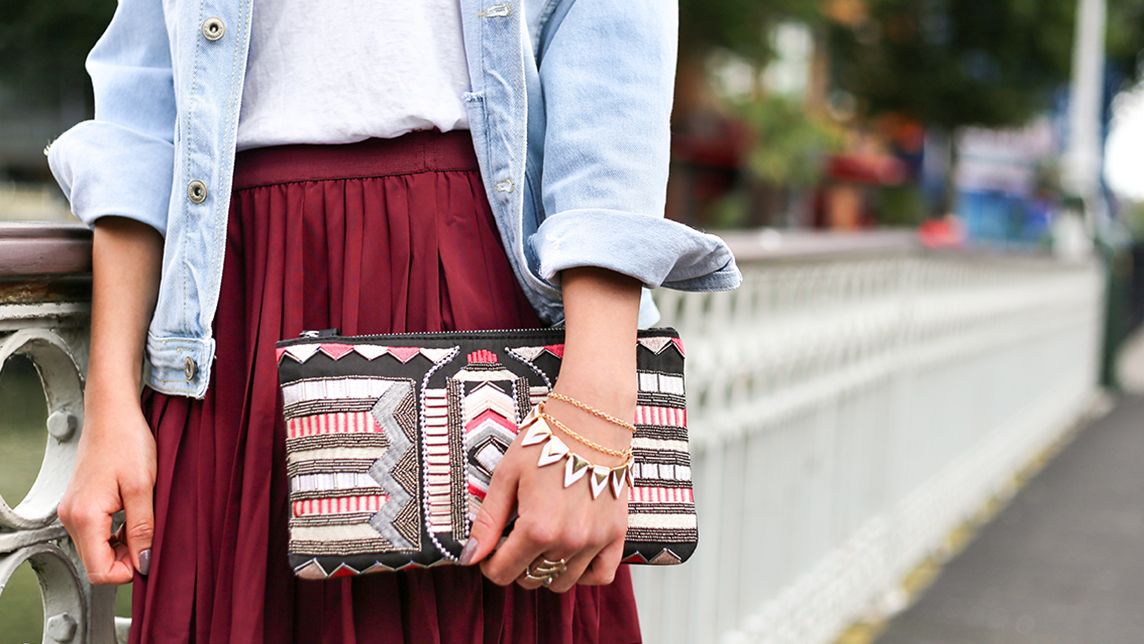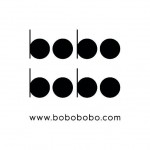The name may sound frivolous but Bobobobo, Indonesia’s first luxury lifestyle e-retailer, takes what it does seriously.
Founded in 2012 by Jimmy Akili (whose family is behind one of the country’s largest travel-agency groups) and two friends, Bobobobo prides itself as a curator of all things fine and quality. Besides offering a wide range of mainstream desirables in fashion and beauty, it is a connoisseur of what’s in and cult – as shown in its picks of Mansur Gavriel bags, Alexander Wang and Rodarte togs, Chloé shoes and makeup by Becca, just to name a handful.
More refreshingly, Bobobobo also stays close to its roots by retailing clothes and home décor wares from up-and-coming Indonesian labels such as Patrick Owen, Shopatvelvet and Harriet & Co. Local designers feature prominently too, including Oscar Lawalata, Amanda Hartanto Batik and IKAT Indonesia, which is known for its contemporary-style apparel inspired by Indonesian batik’s signature intricate patterns and dyeing techniques.
Akili, who is also the company’s CEO, couldn’t be clearer about his vision when he said: “I don’t want to be the Jack Ma of Indonesia. Instead, I just want to focus on our customers and merchants. A lot of these guys are doing really amazing stuff and we also want to develop Indonesia’s creative economy.”
Indonesia was home to the world’s fourth-largest middle class last year, with 19.6 million such households, according to Euromonitor. The number is forecast to rise to nearly 24 million in 2030, creating a class of aspirational consumers who would be eager to look to Bobobobo as both a leading online luxury platform and an arbiter of taste. The company itself is targeting Indonesians aged between 20 and 40, who have a monthly disposable income of at least IDR 7 million (about US$518).
All-round luxury
Today, Bobobobo has more than 235,000 followers on Facebook. Already back in 2015, the business was growing 20% month-on-month, with about 400,000 visits to its website a month. More recent data aren’t currently available.
Distinguishing Bobobobo from the madding e-commerce crowd, too, are its hospitality offerings. Registered members can peruse its website for vouchers to fine-dining restaurants, tickets to a music festival in Jakarta and travel packages to Bali and Tokyo, among others.
This venture into hospitality is familiar territory for Jimmy Akili, who previously worked at his family’s Smailing Tour Group. His brother Ronald heads the successful Potato Head Family group of trendy bars, restaurants and hotels that have opened in Indonesia, Singapore and Hong Kong. By parlaying these connections, Jimmy Akili has forged for Bobobobo partnerships with many upscale Indonesian food and beverage and hospitality companies.
One such partnership is with the Ismaya Group, which runs various chic clubs and restaurants in Indonesia and is an early Bobobobo investor. Another investor is Emtek Group, one of the largest multimedia groups in Indonesia.
Emtek synergies
In April 2015, local media reported that Emtek Group had invested IDR 20 billion (about US$1.47 million) in Bobobobo, in return for a 20% stake. The pairing was seen as a welcome boost to Bobobobo’s e-commerce ambitions, as the startup could leverage Emtek Group’s resources for publicity, given its three television channels, for example. Meanwhile the funds raised would be used to improve Bobobobo’s technological capabilities to better engage with its target users, such as launching mobile shopping.
Emtek Group has invested in many other technology-based startups since 2015. Prominent examples include Bukalapak (49.15%), one of Indonesia’s leading and local e-commerce company catered to the mass consumer, and the popular taxi-hailing platform Grab. Earlier in 2017, Emtek Group bought into licensed e-money providers Doku (50%) and Espay (90%).
Bobobobo will be closely watched, and expected, to try and grow its market share by forming synergies with these startups, especially in digital payments. Registered Bobobobo members currently pay for their shopping via credit card or bank transfers. A partnership with Doku and/or Espay would greatly boost the ease and security of transactions for these shoppers.
For instance, the Doku Wallet can be opened and used by a consumer who doesn’t have a credit card – or who uses foreign currency-supported payments. Another potential competitive advantage for Bobobobo is a shorter turnaround time for processing its orders, by leveraging Espay’s real-time online settlement system that notifies merchants when a payment is successful.
Growing affluence, mobile use
Singapore-based Reebonz is arguably Bobobobo’s closest competitor and operates in eight countries, including Indonesia. In 2014–5, Indonesia was Asia’s fastest-growing online luxury market as sales surged 84%, according to Reebonz’s Asia Luxury Index. The company’s business has benefited from a rising middle class and the increased use of mobile technology to shop. About 60% of Reebonz’s Indonesian sales come from mobile purchases.
In December 2016, the market saw another player Maxuri launch its operations in Indonesia. The Singapore-based Maxuri retails luxury jewelry, bags and watches, as well as offer travel experiences and real estate services to its registered users.
According to a 2016 research report by Google and Singapore state-linked investment firm Temasek Holdings, Indonesia’s e-commerce market is forecast to be worth US$46 billion by 2025 – or about 52.4% of the total e-commerce sector for the entire Southeast Asia.
The report also found that Indonesia will have the fastest-growing number of internet users in the world, of which most will use mobile devices to access the Internet. Currently about 43% of users in the country already access the Internet on their mobile devices.














